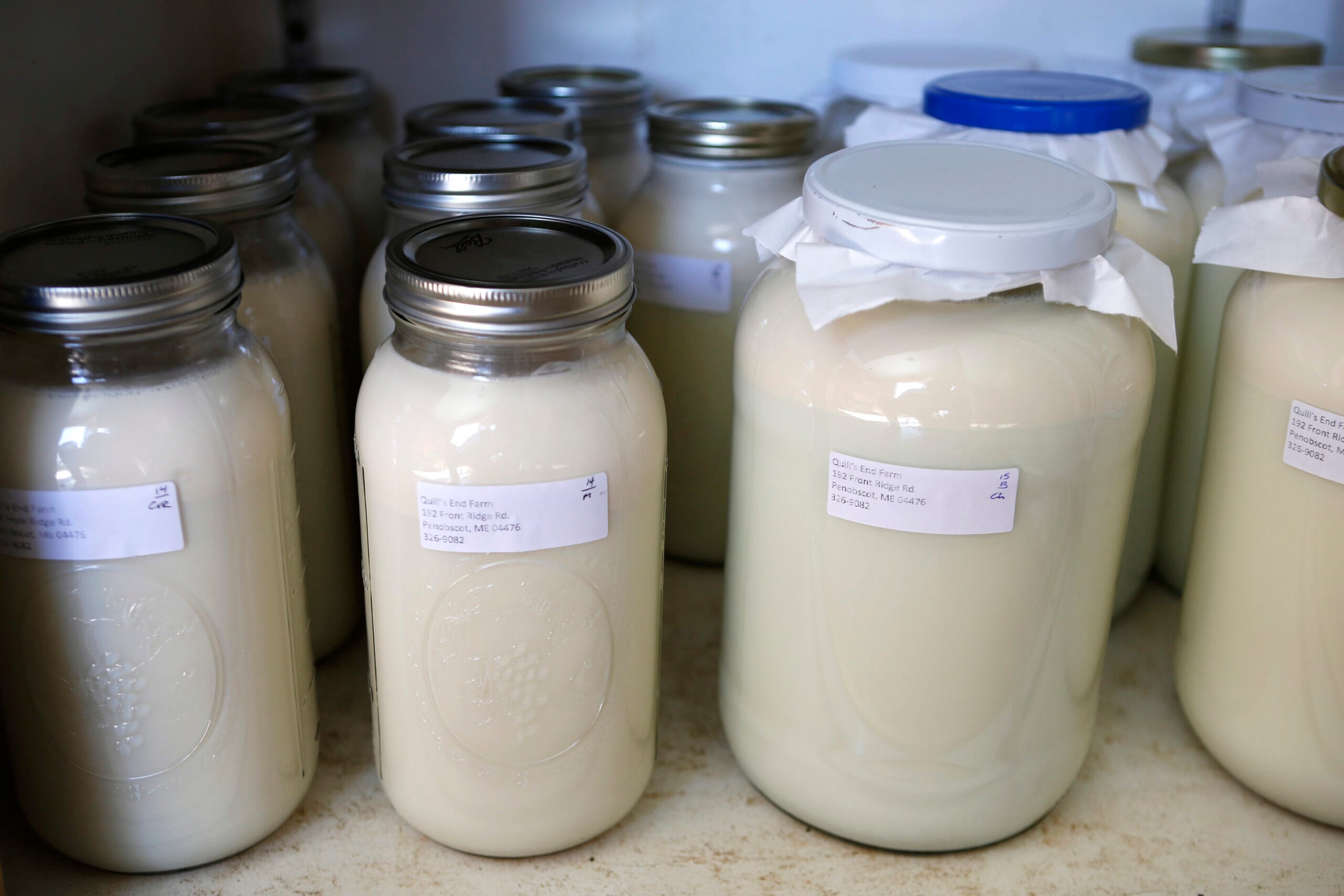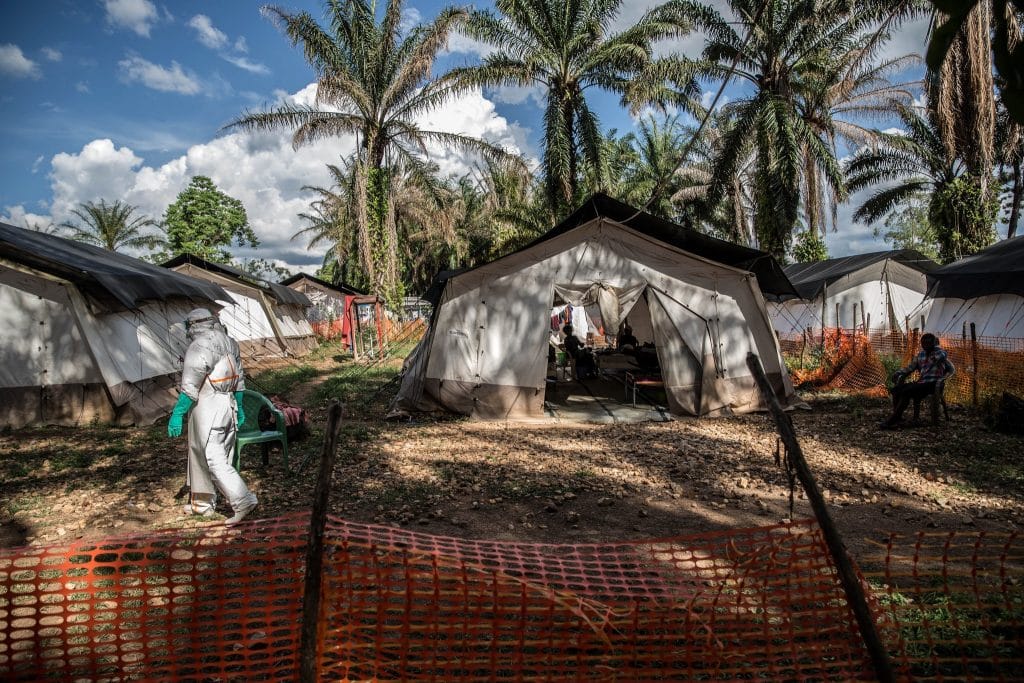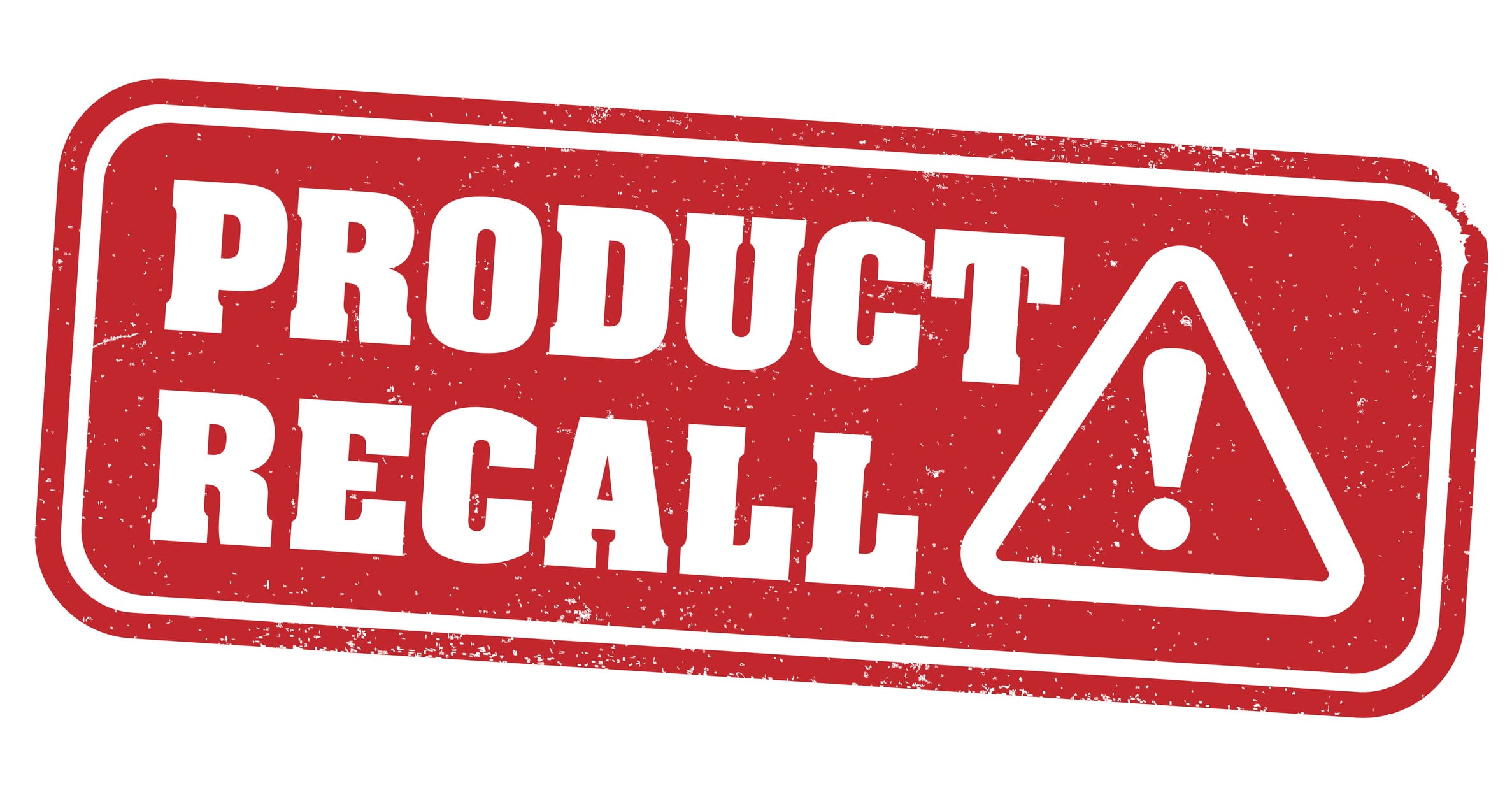The California Department of Public Health has reported a significant increase in the number of illnesses linked to the consumption of raw milk. According to health officials, the trend is alarming, with multiple cases of foodborne illnesses reported in recent months.
Raw milk, also known as unpasteurized milk, is milk that has not been pasteurized to kill harmful bacteria. While some proponents of raw milk argue that it is a healthier and more natural alternative to pasteurized milk, health experts warn that it poses a significant risk to public health.
“The risks associated with raw milk consumption are very real,” said Dr. Karen Smith, Director of the California Department of Public Health. “Raw milk can contain harmful bacteria such as E. coli, Salmonella, and Listeria, which can cause serious illness, especially in vulnerable populations such as the elderly, young children, and people with weakened immune systems.”
Health experts point to the lack of pasteurization as the primary reason for the increased risk. Pasteurization, a process that involves heating milk to a high temperature to kill bacteria, is a crucial step in ensuring the safety of milk for human consumption.
“Raw milk is essentially a ticking time bomb,” said Dr. Michael Payne, a food safety expert at the University of California, Davis. “Without pasteurization, the risk of contamination is extremely high, and the consequences can be severe.”
The Centers for Disease Control and Prevention (CDC) estimates that raw milk is responsible for approximately 70% of all dairy-related foodborne illnesses. In California alone, there have been multiple outbreaks of foodborne illnesses linked to raw milk consumption in recent years, including a 2016 outbreak that sickened over 30 people.
Despite the risks, some raw milk advocates argue that the benefits of unpasteurized milk outweigh the risks. They claim that raw milk contains beneficial bacteria and enzymes that are destroyed during the pasteurization process.
However, health experts argue that the risks far outweigh any potential benefits. “The benefits of raw milk are largely anecdotal and have not been scientifically proven,” said Dr. Smith. “On the other hand, the risks are very real and well-documented. We urge consumers to exercise caution and choose pasteurized milk instead.”
In response to the surge in illnesses, California health officials are urging consumers to take precautions when consuming dairy products. They recommend choosing pasteurized milk and dairy products, and avoiding raw milk and unpasteurized dairy products altogether.



